-
×

-
×

-
×

-
×

-
×

-
×
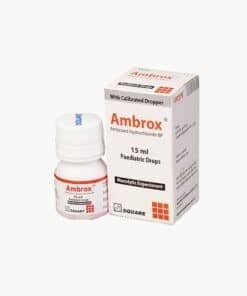
-
×

-
×

-
×

-
×

-
×

-
×
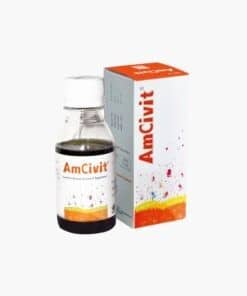
-
×

-
×

-
×

-
×

-
×
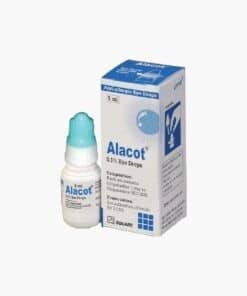
-
×

-
×
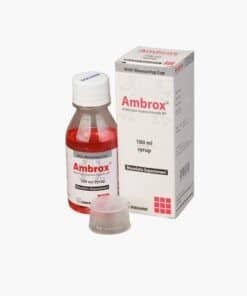
-
×
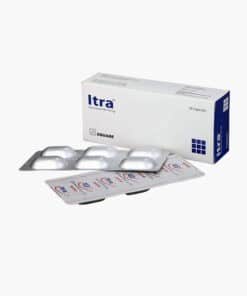
-
×

-
×

-
×

-
×
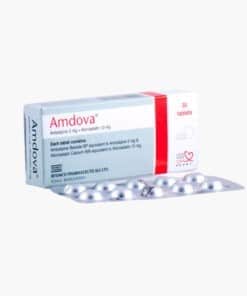
-
×
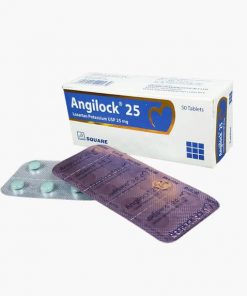
-
×

-
×

-
×

-
×

-
×

-
×
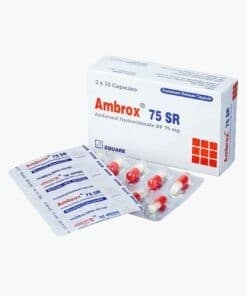
-
×

-
×
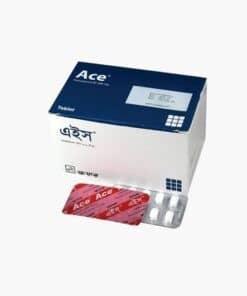
-
×

-
×

-
×

-
×

-
×

-
×

-
×
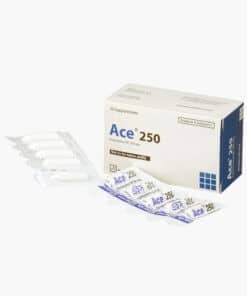
-
×

-
×
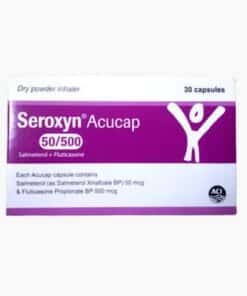
-
×

-
×
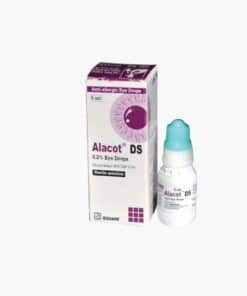
-
×
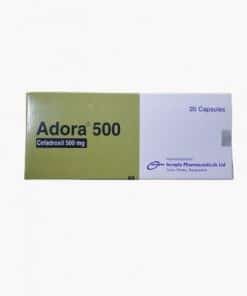
-
×

-
×

-
×

-
×
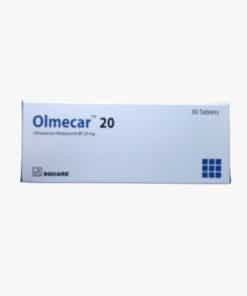
-
×
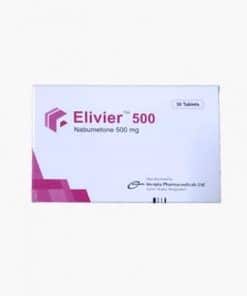
-
×
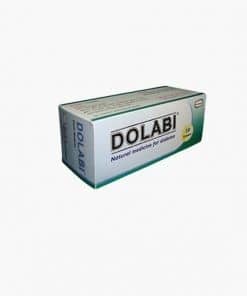
-
×

-
×

-
×
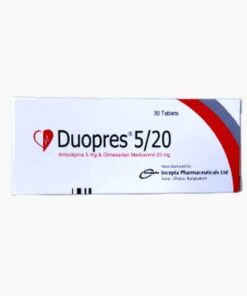
-
×

-
×

-
×

-
×

-
×

-
×

-
×

Subtotal: ৳ 8,061.16




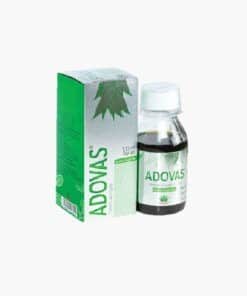
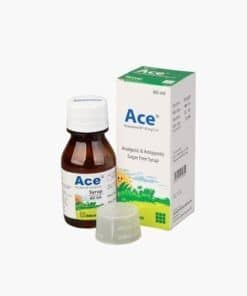
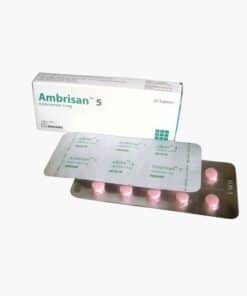
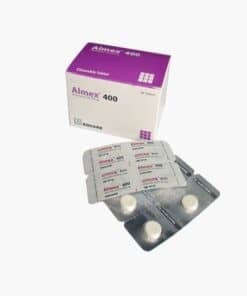
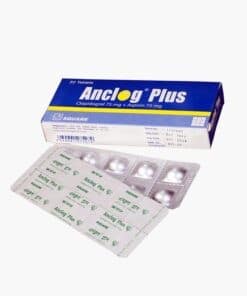
Reviews
There are no reviews yet.